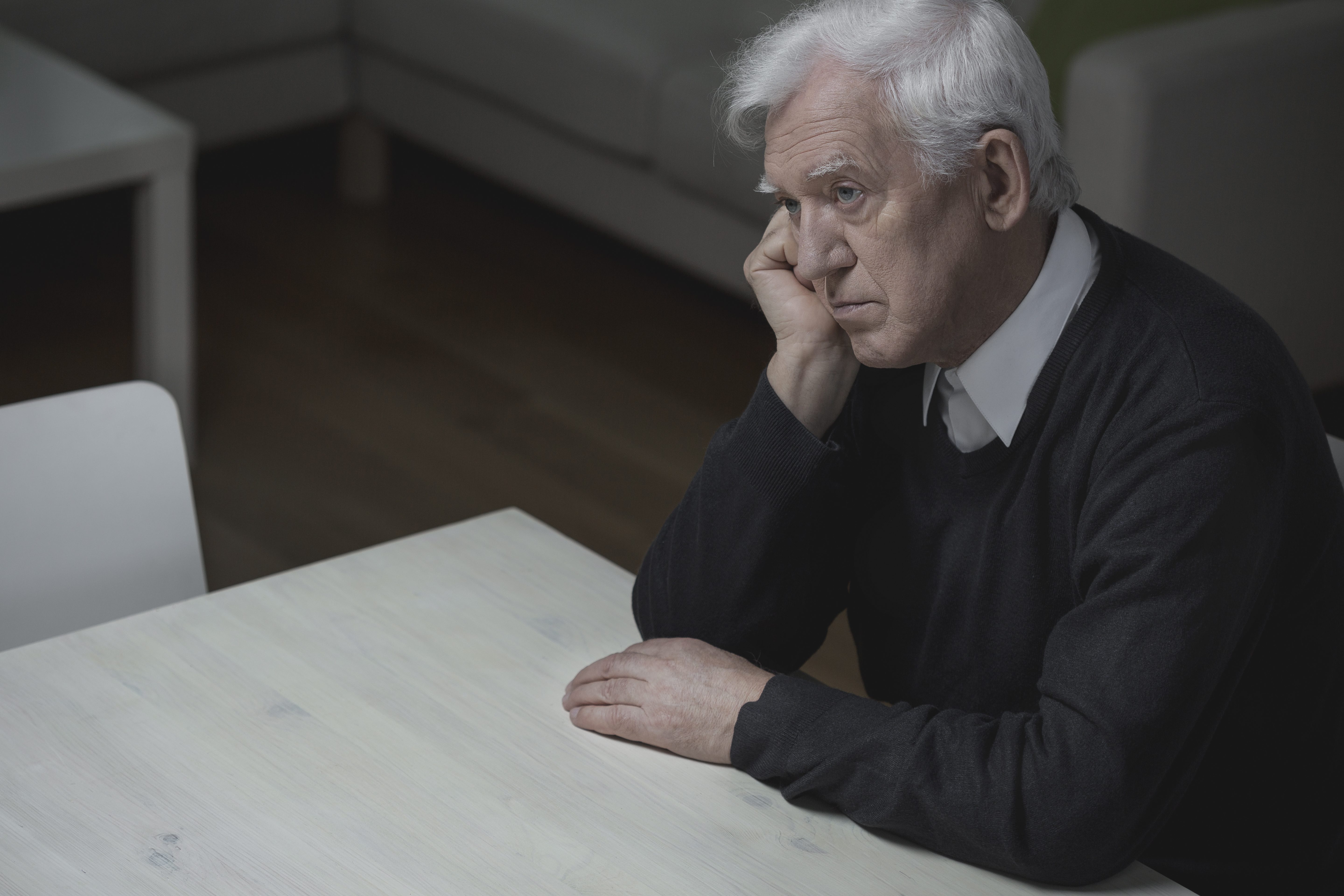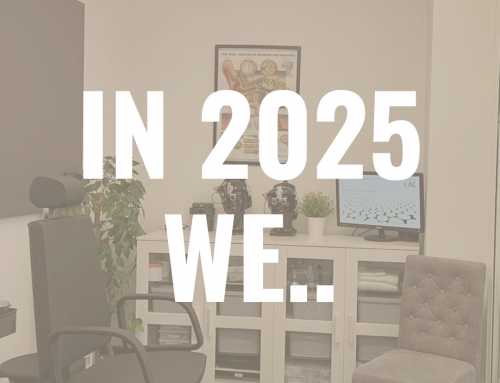Loneliness Awareness Week 10th – 16th June 2024
This week is Loneliness Awareness Week but what is loneliness and what does it have to do with hearing?
What is loneliness?
The dictionary’s definition of loneliness is “sadness because one has no friends or no company.” This definition is very simplistic and doesn’t go into the complexities that come with feelings of loneliness. Feelings of loneliness are personal so everyone’s experience will be different.
Some people may feel content without much contact from other people. Others may find this very lonely. Some people can have lots of social contacts and many friends and family around them and still feel lonely.
It’s important to note that there is a difference between feeling alone and feeling lonely.
What causes loneliness?
Loneliness has lots of different causes that are different for each person. It’s also possible to feel lonely without really knowing why.
Some experiences that may make us feel lonely are:
- Experiencing a bereavement
- Going through a relationship break-up
- Changing jobs
- Moving to a new area away from your support network
- Starting University
- Changing jobs
- Becoming a parent
- Retiring
- Experiencing mental and physical health problems
- Certain times of year – holidays
Factors that may make us more vulnerable to loneliness include:
- Having no friends or family
- Being a single parent or carer
- Belonging to a minority group and living an area where there aren’t many other people like you
- Having mobility problems – being excluded from certain social activities
- Not having much money for social activities
- Experiencing discrimination and stigma due to physical or mental health problems
- Experiencing discrimination and stigma because of your gender, race, or your gender or sexual identity
- Having experienced physical or sexual abuse – more difficult to form close relationships
Loneliness Awareness Week facts & figures
- 16-29 year olds are twice as likely as those over 70 to experience loneliness
- Half a million older people go at least five or six days a week without seeing or speaking to anyone at all
- In total 45% of adults feel occasionally, sometimes or often lonely in England. This equates to twenty five million people.
- Loneliness and social isolation put individuals at greater risk of cognitive decline and dementia
- Loneliness and social isolation have been linked to a 30% increase in the risk of having a stroke or coronary artery disease
What does loneliness have to do with hearing loss?
People experiencing feelings of loneliness and struggling with social isolation are at a greater risk or cognitive decline and dementia. Research shows that people living with hearing loss are more likely to develop dementia. It can be difficult to tell the difference between dementia and hearing loss because one condition can ask the other. For example, struggling to follow a conversation could be caused by either dementia or hearing loss.
Alzheimer’s disease is the most common type of dementia. Dementia is a group of symptoms that damage the brain such as memory loss, confusion and problems with language. As we age, our thought processes naturally slow down because our brains shrink.
Are you feeling lonely?
If you’ve been feeling lonely for a long time, it’s a good idea to get in touch with your GP to access the right support. Other ways to help with feelings of loneliness include:
Learning to be more comfortable with your own company. Self care is really important and looks different to everyone. What does self care mean to you? Having music or the TV on in the background, watching a favourite film, tidying/organising, going for a walk, starting a new activity, meeting up with a friend. It may take some time and trial and error but it’s important to find something that makes you feel good.
Try to open up to someone you trust about how you’re feeling. It doesn’t need to be face-to-face. It could be text message or on social media. Being able to be open with someone you trust may make you feel better.
Try not to compare yourself to others. Most of the time we only see what people want us to see from the outside. We don’t know how they really feel when they’re alone.
If you are feeling social isolation because you’re struggling to hear, make an appointment with your local audiologist for a hearing test. If you have hearing loss a hearing aid may be helpful in social situations.
For more tips on how to tackle loneliness, you can check out Mind.






